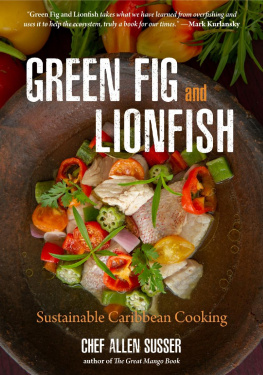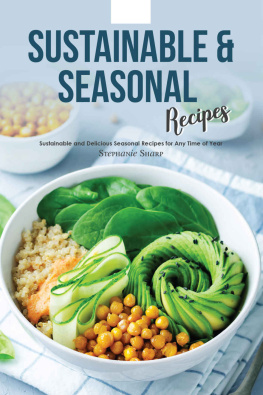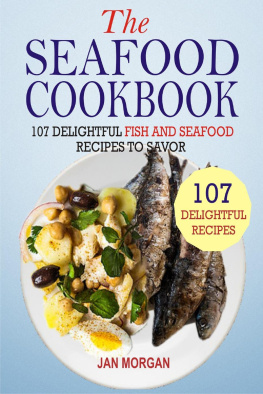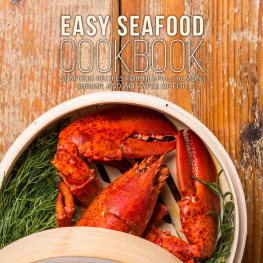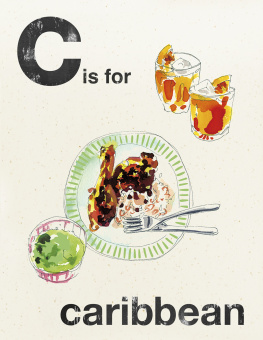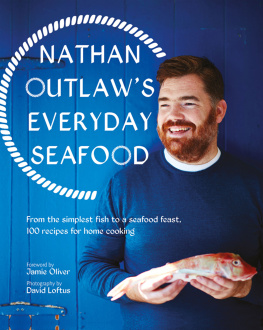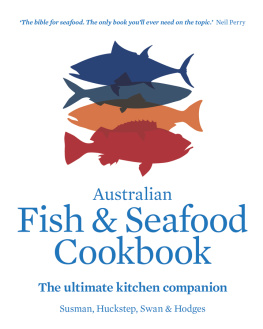Praise for Green Fig and Lionfish
Allen Sussers Green Fig and Lionfish (Books & Books Press) takes what we have learned from overfishing and uses it to help the ecosystem, making it truly a book for our times. The idea and the recipes are not to b e missed.
Mark Kurlansky, New York Times bestselling and James Beard award-winning author of Salt: A World History , Cod: A Biography of the Fish that Changed the World , and Milk!: A 10,000-Year F ood Fracas
From Florida, throughout the Caribbean, and down to my home of Saint Lucia, Chef Allen Susser raises awareness of the real threat posed by lionfish and a yummy way to help eliminate it. Fortunately, the pesky invader is quite tasty, and Chef Allens fun recipes will brighten your table with their bold island flavors. Lets get them off the reef and onto yo ur plate!
Nina Compton, Saint Lucian culinary ambassador and native; chef/owner of Compre Lapin in N ew Orleans
At Le Bernardin, we spend our days evaluating seafood, which means not simply the quality, but also the ethics and sustainability of how they are harvested. We believe deeply in supporting the artisanal fishers who are seeking out the most sustainable methods and species. What weve recently discovered is that lionfish, an extremely invasive and detrimental species, are not difficult to catch and in fact have delicious and very versatile flesh. They are truly one of the best examples of sustainable fishing, which Im happy to e ncourage!
ric Ripert, author of 32 Yolks: From the Mothers Table to Working the Line and chef/CEO-owner of Le Bernardin restaurant i n New York
I love the ocean and I love to eat sustainable seafood. We must continue to keep our oceans healthy for future generations and for our own survival.
Cindy Pawlcyn, author of Mustards Grill Napa Valley , chef/owner of Mustards Grill in Napa Valley, and James Beard award-wi nning chef
Chef Allen has always been a champion of local, seasonal cooking, even before it was cool. With this cookbook, he is promoting something even coolerthe sustainability of the seas, one of our most important natural resources, by giving us many amazing recipes for the damaging (and delicious!) lionfish.
Jos Andrs, author of several books, including Made in Spain , chef/owner of ThinkFoodGroup, educator, television personality, and hu manitarian
The first time I saw a lionfish in the wild was many years ago while snorkeling off the beach on Andros Island, Bahamas. Since then, working as a fisherman and diver from Bimini to the Keys and beyond, I have seen firsthand the devastation that these predators can cause to our fragile reef system. Theyre easy to spear and have no fear of divers, and their stings are VERY plentiful (unfortunately), but the good news is they are out-of-this-world table fare. Spearing them, we have eaten well. I only wish my dear friend Chef Allen was with us to cook! Chef Allen loves South Florida, its people, and our natural resources. This is the perfect time for this book, and hes the perfect person to write it!
Paul Castronovo, Radio personality of BIG 105.9, fisherman, diver, and member of the Board of Directors of both the Guy Harvey Ocean Foundation a nd OCEARCH
Making the right choices about what we eat has a broad impact on the world around us. In the case of lionfish, choosing to eat it as often as possible is the best way to protect our oceans. Eat them to b eat them!
Sheila Bowman, Seafood Watch Manager of Culinary and Strategic Initiatives at the Monterey Bay Aquarium, whose mission is to inspire conservation of the ocean
Ive known Allen Susser and followed his career with avid interest ever since back in the 1980s, when he and some young colleagues pioneered what was then called Floribbean Cuisine, and his new cookbook brings into twenty-first century focus everything he has learned and created in a style now uniquely his own, one highly influential among his peers both in Florida and throughout the C aribbean.
John Mariani, one of Americas premier food writers with multiple James Beard Awards, lead food and travel correspondent for Esquire magazine, and author of several of the most highly regarded books on food, including The Encyclopedia of American Fo od & Drink
Green Fig
and
Lionfish
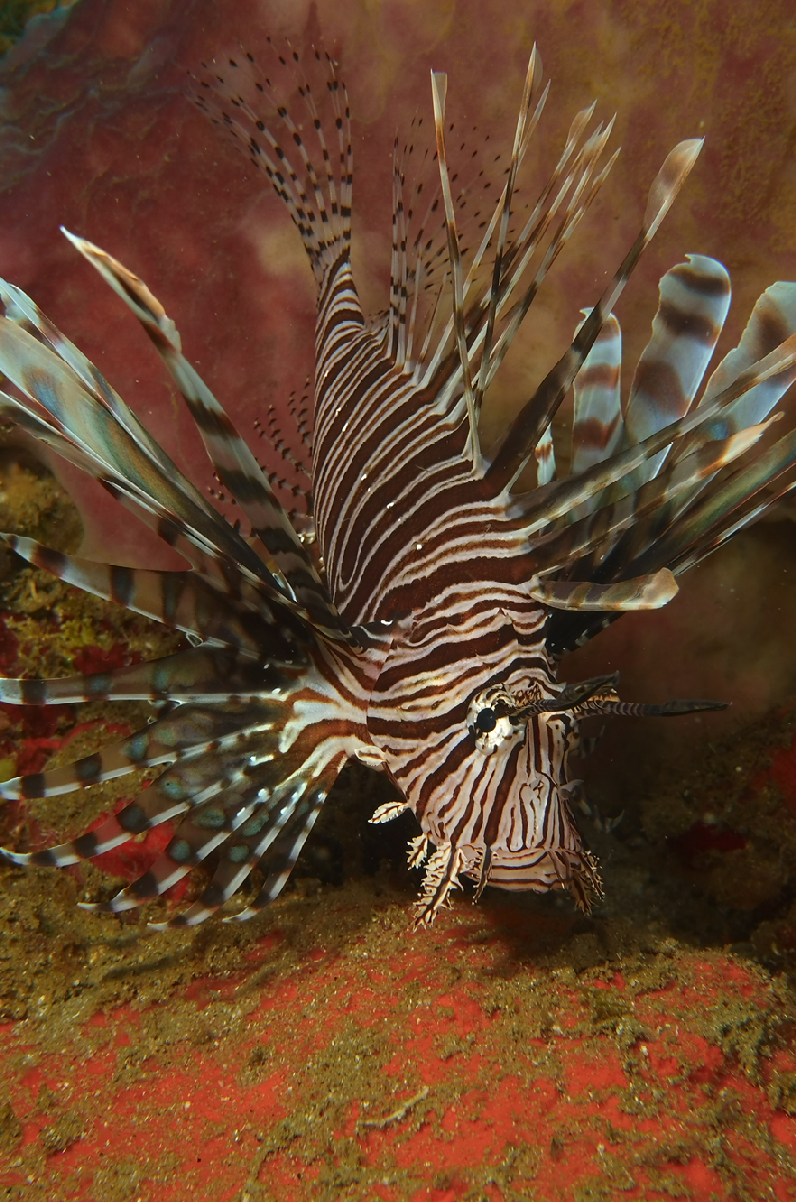
Green Fig
and
Lionfish
Sustainable Caribbean Cooking
By Allen Susser

Coral Gables
Copyright 2019 Allen Susser
Published by Books & Books Press, an imprint of Mango Publishing, a division of Mango Media Inc.
Cover, Layout & Design: Morgane Leoni
All photo credits: Bernd Rac
Mango is an active supporter of authors rights to free speech and artistic expression in their books. The purpose of copyright is to encourage authors to produce exceptional works that enrich our culture and our open society.
Uploading or distributing photos, scans or any content from this book without prior permission is theft of the authors intellectual property. Please honor the authors work as you would your own. Thank you in advance for respecting our authors rights.
For permission requests, please contact the publisher at:
Books & Books Press
Mango Publishing Group
2850 S Douglas Road, 2nd Floor
Coral Gables, FL 33134 USA
For special orders, quantity sales, course adoptions and corporate sales, please email the publisher at . For trade and wholesale sales, please contact Ingram Publisher Services at:
or +1.800.509.4887.
Green Fig and Lionfish: Sustainable Caribbean Cooking
Library of Congress Cataloging-in-Publication number: 2019948621
ISBN: (print) 978-1-64250-164-3, (ebook) 978-1-64250-165-0
BISAC: CKB076000COOKING / Specific Ingredients / Seafood
Printed in the United States of America
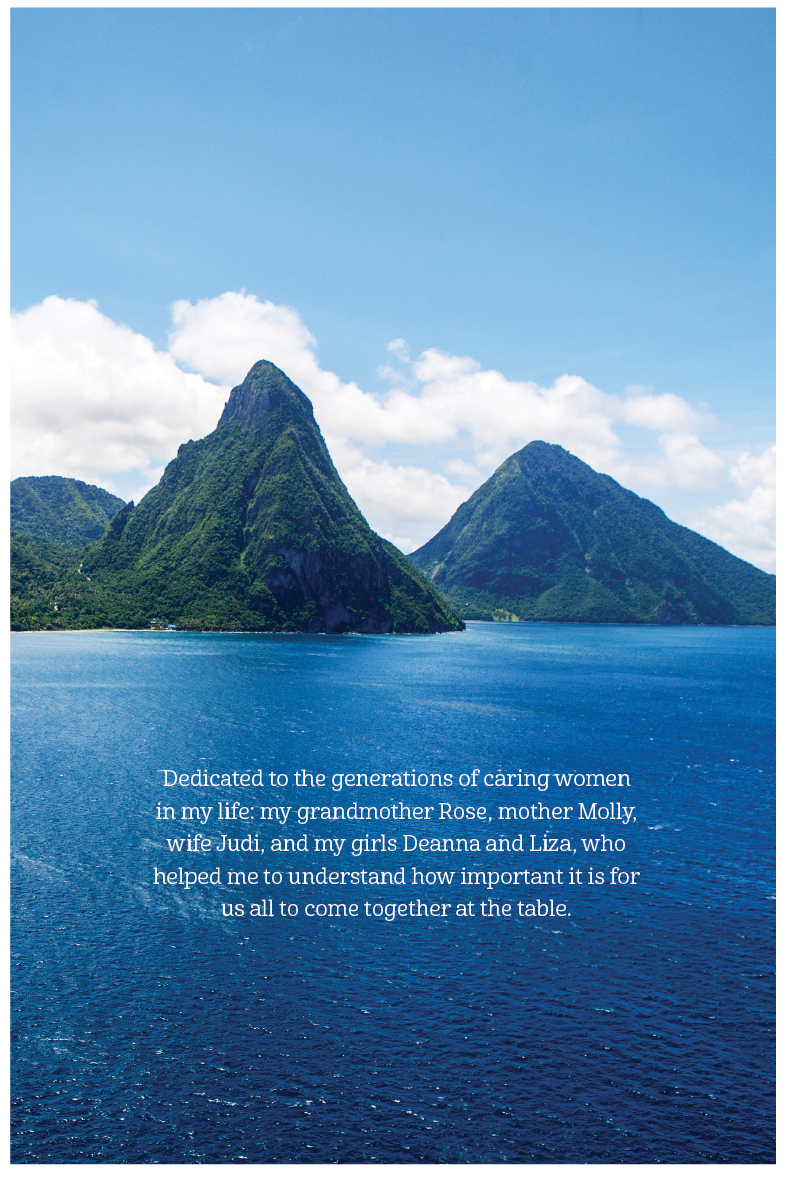
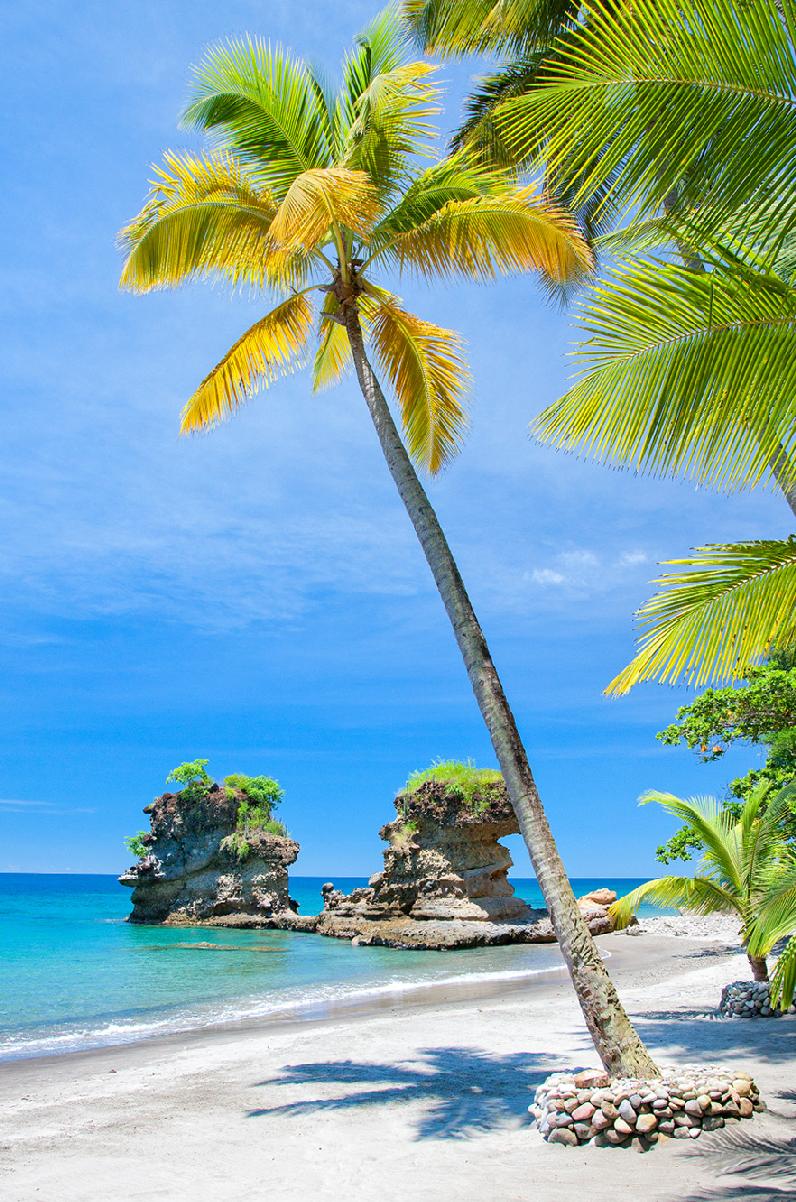
Table of Contents
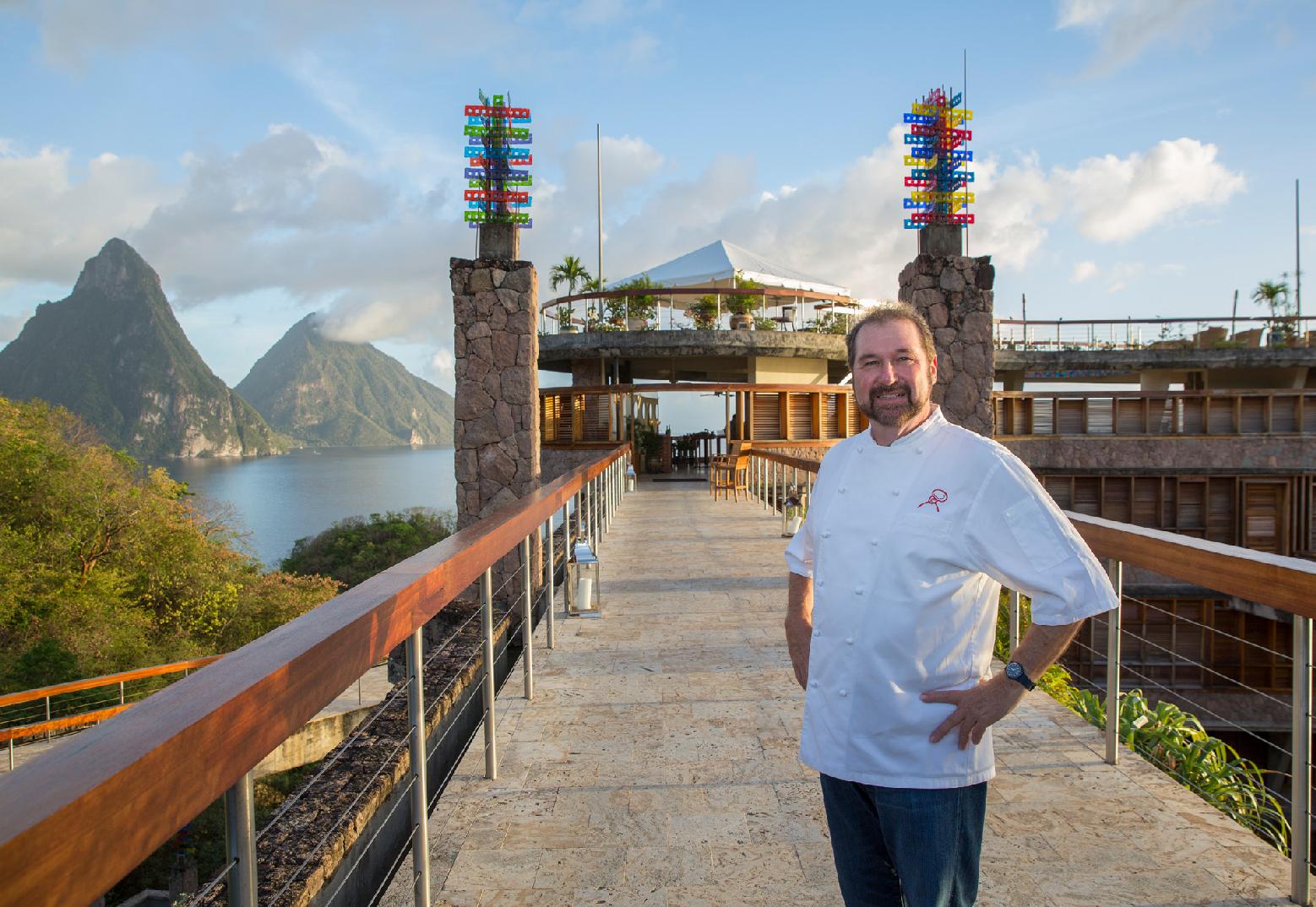
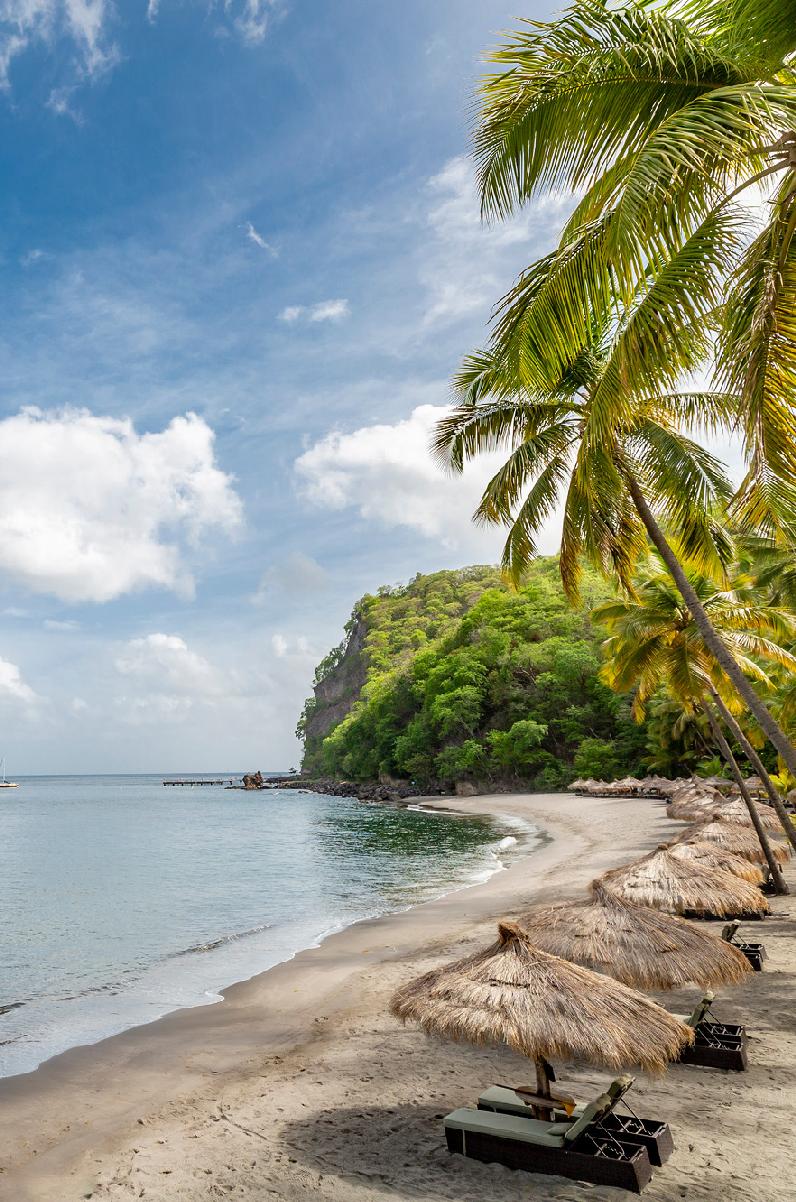
The story of the lionfish, like all good fish tales, is growing greater each day. These flamboyantly colorful fish with their diverse markings were originally bred in the Indian Ocean. But legend has it that they found their way over to us in the Caribbean when Hurricane Andrew liberated a handful of them from the aquariums of drug lords living i n Florida.
Since then, lionfish have bred prolifically in a ceaseless invasion of our seas from Florida to the West Indies. They thrive in the warm waters of the Atlantic and Caribbean and wreak havoc on our ocean ecosystems and fisheries, gobbling up reef fish, juvenile snapper, and grouper. With no known predators to stop them, the lionfish are more threatening than they are beautiful. Not only are they dangerous to fragile ecosystems, they can also inflict an extremely painful sting on humans. Therefore, we need to jump in and put these delicious fish on our dinn er plates.
My first encounter with lionfish was at Anse Chastanet in Saint Lucia, where I am the consulting chef for both Anse Chastanet Resort and Jade Mountain. One of the local divers brought in a handful of lionfish from his mornings catch. We purchase all our fish from local fisherman and usually get our lobster from the divers. This diver was complaining about how these little monsters were eating everything on the reef and destroying the lobster grounds. Would we buy lionfish from him, too?
Next page
